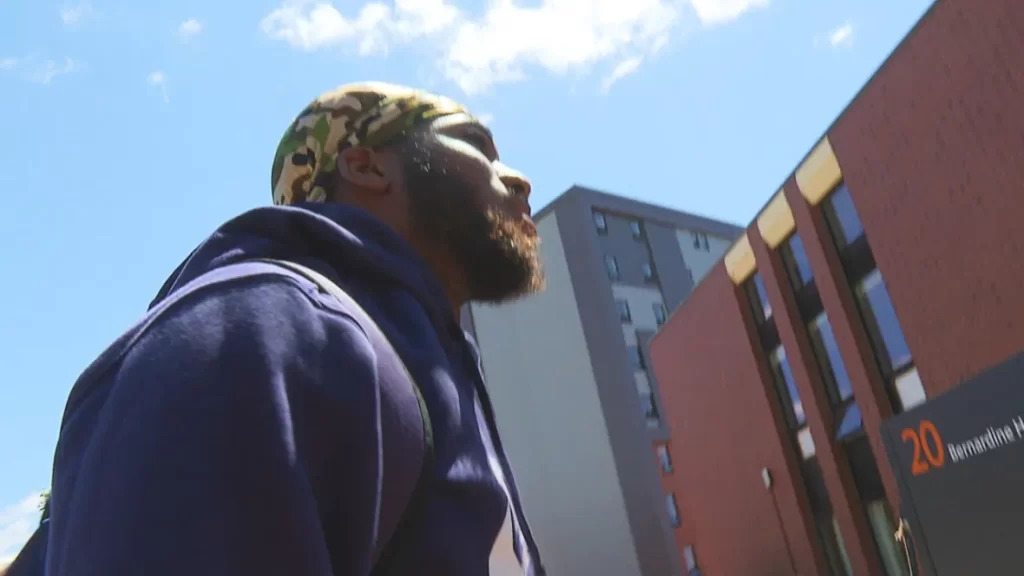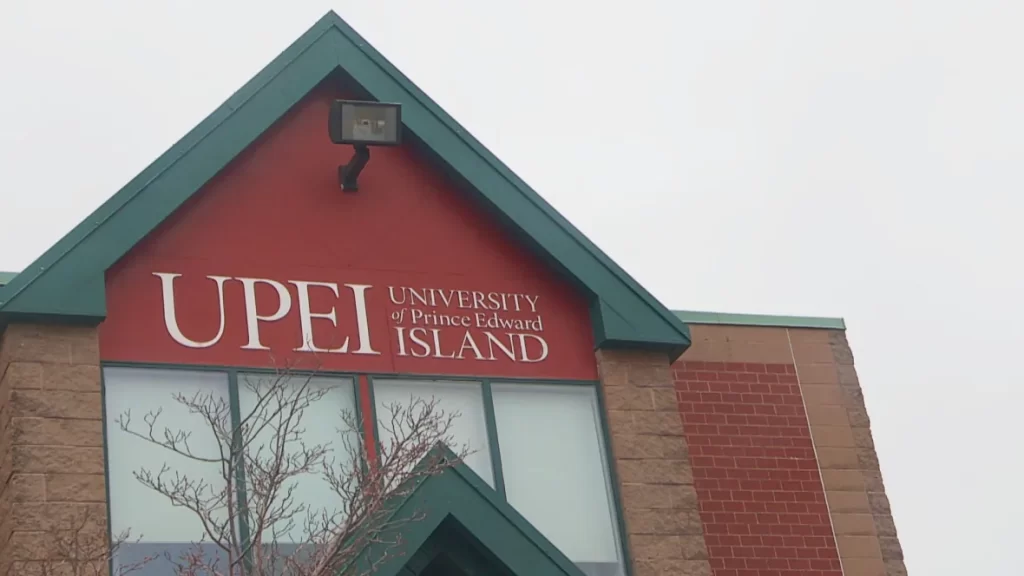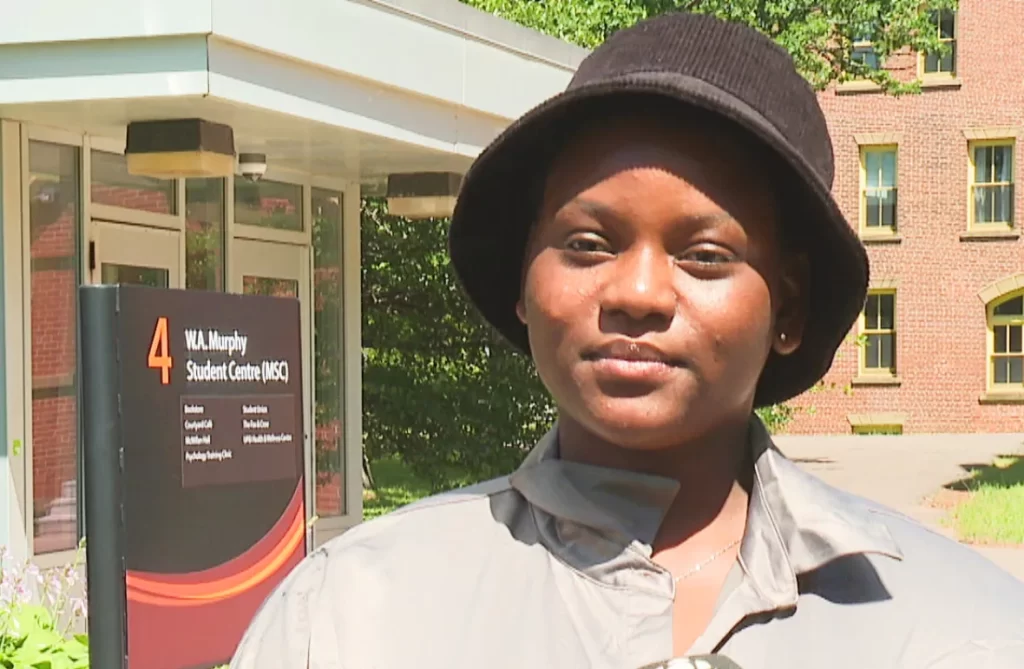A researcher at the University of British Columbia who is originally from Nigeria says students from Nigeria and other African countries should not be asked to take English proficiency tests to get into universities such as UPEI.

Olumuyiwa Igbalajobi said on Twitter that the system is unfair, since English is the official language of Nigeria, and all education is taught in English.
Igbalajobi is a post-doctoral researcher currently employed by UBC, who has studied in several different countries around the world.
He was never asked to do an English proficiency test but he said it’s a frustrating requirement for many students who have spent their whole education studying in English.
He has written to numerous universities, including UPEI, asking them to change their policies requiring language tests.

“If you talk about inclusion, make it real, do not make it a smoke screen,” said Igbalajobi.
Igbalajobi said it doesn’t make sense to have the requirement, and the tests are expensive — costing around $300 — preventing some students from being able to study abroad.
“They do not have a shot at quality education if they cannot afford this test,” said Igbalajobi.
UPEI’s website lists “Recognized English Language Countries and Institutions exempt from language proficiency tests.“
Igbalajobi said many Nigerian universities are missing from that list, and some of the names of institutions are incorrect.
“Who invented the list itself? There are 160 or greater universities in Nigeria, you don’t tell me only 35 universities are recognized so it’s a double standard, it’s biased,” he said.

Emmanuel Ero, a kinesiology student at UPEI, said all his schooling was in English, so he doesn’t understand why he had to write a test.
“I was actually surprised, because I came from an international school,” he said. “My exams there is way harder than what they gave me for the English test so I thought, like, it was pointless, it was so easy.”

Biology student Iyobosa Igbineweka also sees no reason why Nigerian students should have to write the exam.
“In Nigeria from the pre-school to kindergarten to elementary school to high school we have been taught in English and having to write this English test when we also speak English is just a lot.”
Igbalajobi said it’s unacceptable and likely just an oversight that has just continued on for decades. He plans to continue emailing various university offices asking them to change their policies.
He may soon see results.
In a statement to CBC, Donna Sutton, the associate vice-president of students and registrar at UPEI, said the university is “considering changing its admission requirements to accept all transcripts from schools where the language of instruction has been verified as English as proof of English proficiency.”
“This would include post-secondary institutions in Nigeria,” she said.
“It is expected that any changes would likely take place before the next recruitment cycle begins in September. We recognize that our procedures need to be revisited at times, and we appreciate that this matter was brought to our attention.”





